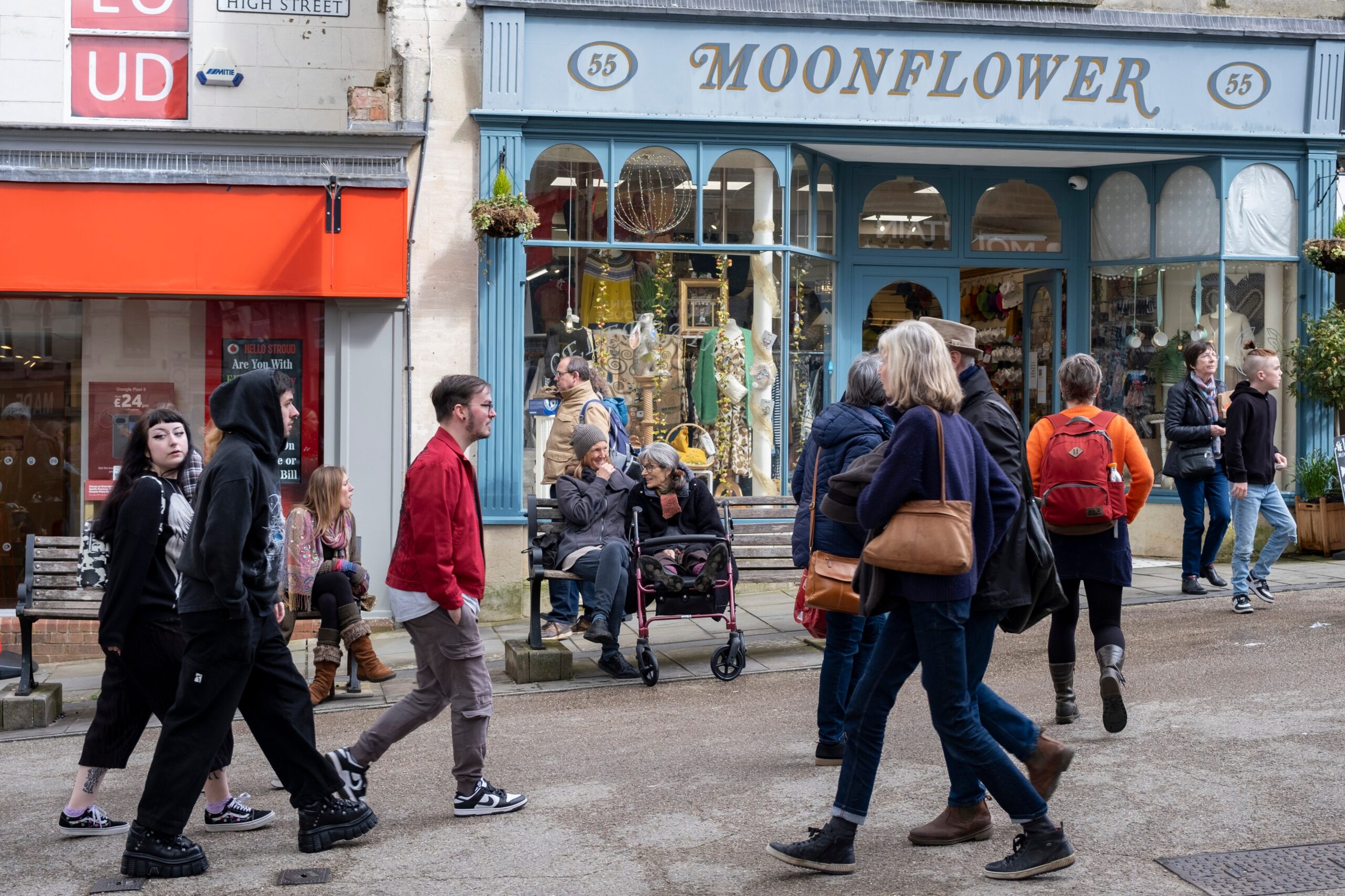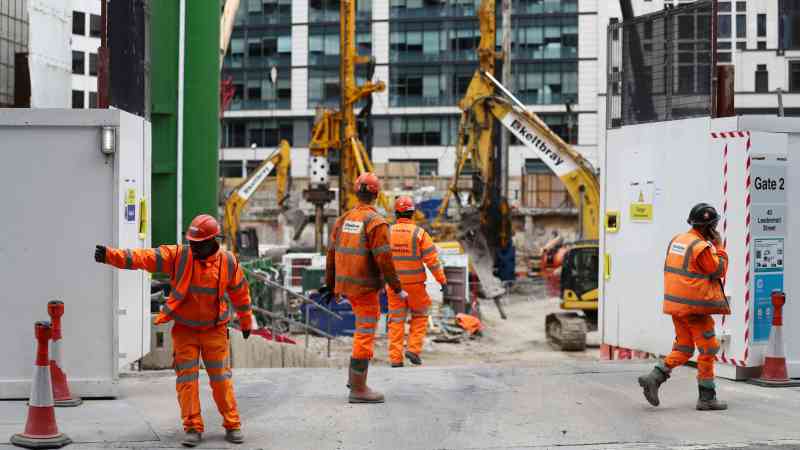Business confidence holds steady at eight-year high
Confidence among British businesses held steady at an eight-year high this month, led by construction companies that have been boosted by the Labour government’s ambition to increase housebuilding.
The latest Lloyds Bank business barometer, a monthly survey of business sentiment, maintained its 50 per cent reading in August, keeping confidence at the highest level since November 2015. The index is well above the long-term average of 29 per cent.
A sharp increase in optimism in the construction sector offset greater pessimism in other areas of the economy. Lloyds said confidence among builders had risen by 14 points to 58 per cent over the past month.
The rise is likely to be tied to the Labour government’s focus on loosening planning restrictions to increase housing supply. This week Sir Keir Starmer vowed to “take on the blockers by accelerating planning to build homes and boost growth”.
The economy has outperformed expectations this year, growing by 0.7 per cent and 0.6 per cent in the first and second quarters, respectively. Inflation has declined to around the Bank of England’s 2 per cent target, while unemployment remains low, helping to fortify business confidence in future trading prospects.
This month the Bank cut interest rates for the first time since March 2020 and traders in financial markets expect one or two further reductions this year. However, this pace of easing is likely to be slower than central banks elsewhere.
Hann-Ju Ho, a senior economist at Lloyds Bank Commercial, said: “As in July, we’ve seen a particularly strong outcome for business confidence. It remains at an elevated level of 50 per cent, which is well above the long-term average of 29 per cen. And it has been above the average for the past 15 months.
“Official GDP data for the first half of this year was encouraging and the survey results indicate that solid economic performance will likely continue as we move into the second half of the year. Overall, the economy looks to be stable and, from the positive results recorded, businesses are echoing this sentiment.”
However, there were signs in Lloyds’s research that some sectors are concerned about the longevity of the economic rebound. “Trading prospects for manufacturing dropped by two points to 58 per cent, at the same level as construction, while retail and services fell to 53 per cent, down by seven and three points, respectively,” the bank said.

Retail sales have been persistently sluggish this year as people opt to take advantage of high interest rates by saving rather than spending. According to the Office for National Statistics, sales remain 0.8 per cent below pre-pandemic levels, with consumption weakest for clothing and household goods.
“Price expectations among firms decreased once again for the second time in three months,” Lloyds said. “In August, 58 per cent of firms planned to raise prices in the next year (down from 60 per cent), whereas 4 per cent intended to lower them (up from 3 per cent). The net balance dropped three points to 54 per cent, making it the second lowest in 2024.”




Post Comment